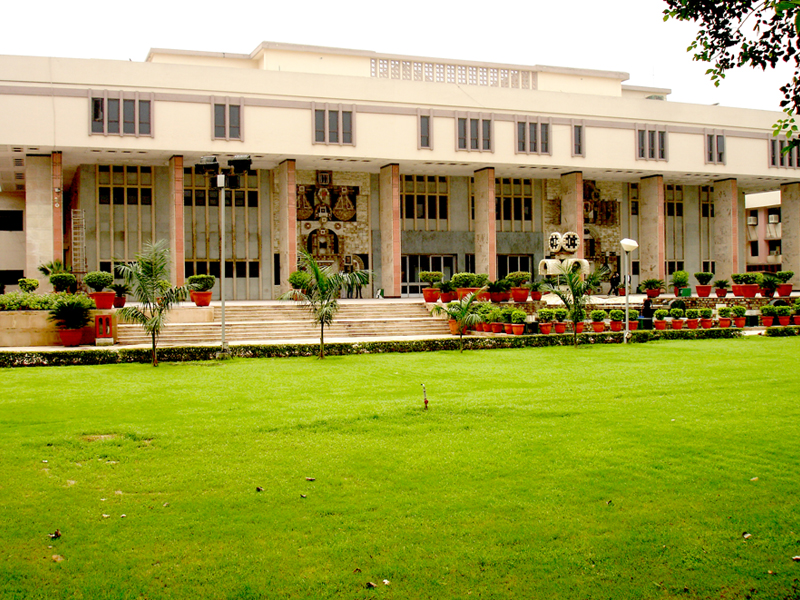The Delhi High Court stated that a commissioner has the authority to deny a refund under Section 54(11) of the CGST Act if they believe it could harm revenue during ongoing appeals.

The Delhi High Court has emphasized that a Commissioner has the authority under Section 54(11) of the CGST Act to deny a refund if it believes that doing so would harm revenue in ongoing appeals. The Court annulled an order made under Section 108 of the Central Goods and Services Tax Act, 2017 (CGST Act) that suspended the refund approved for M/s HCC VCCL Joint Venture (Petitioner). Section 108 allows the revisional authority to pause or change decisions made under the CGST Act if they are found to be illegal, improper, or harmful to revenue interests. A Division Bench, consisting of Justice Yashwant Varma and Justice Ravinder Dudeja, stated, “The Proviso to Section 54(1) requires that a registered person seeking a refund from the Electronic Cash Ledger must follow the prescribed procedure. It is important to note the phrase ‘in accordance with the provisions of sub-section (6) of Section 49’ in Section 54(1). Therefore, refunds from both the Electronic Cash and Electronic Credit Ledgers are treated equally. Under Section 54(11), the Commissioner can independently withhold a refund if it believes that granting it would negatively impact revenue in pending appeals or due to any fraudulent activities.”
Advocate Bharat Raichandani represented the Petitioner, while CGSC Ravi Prakash represented the Respondents. The refund order was related to amounts in the Petitioner’s Electronic Cash Ledger, credited through deductions under Section 51 of the CGST Act by the Delhi Metro Rail Corporation. The Petitioner argued that these amounts were eligible for a refund under Section 54(1) of the CGST Act after all taxes and dues were settled.
The refund order was initially put on hold for six months, which was later extended to two years through a correction notice. The revisional authority pointed to alleged issues with Input Tax Credit (ITC) use and other factors as reasons for applying Section 108. The High Court observed that the claims regarding improper ITC use were related to different proceedings that started after the refund was approved. These claims could not change the validity of the refund order.
The Court noted, “The claim of wrongful ITC use is based on information received after the order dated December 9, 2022. This claim is separate and unrelated to the refund approval. While it may lead to future liabilities upon further investigation, it does not impact whether the refund order was valid or needed correction under Section 108.”
As a result, the Court stated, “To invoke Section 108, there must be an opinion that an order under the CGST Act is wrong, harmful to Revenue interests, illegal, or improper. Section 108 allows the Commissioner to use its revisional authority if it finds that the order was made without considering important facts, whether those facts were known at the time or not, and based on observations from the Comptroller and Auditor General of India.” Therefore, the High Court approved the Writ Petition.
Cause Title: M/S HCC VCCL Joint Venture v. Union Of India & Ors. (Neutral Citation: 2024-DHC-8662-DB)
Appearance:
Petitioner: Advocates Bharat Raichandani, Deepak Kumar Khokhar and Anweshaa Laskar
Respondent: CGSC Ravi Prakash; SSC Aditya Singla; Advocates Ritwik Saha and Medha Navami









